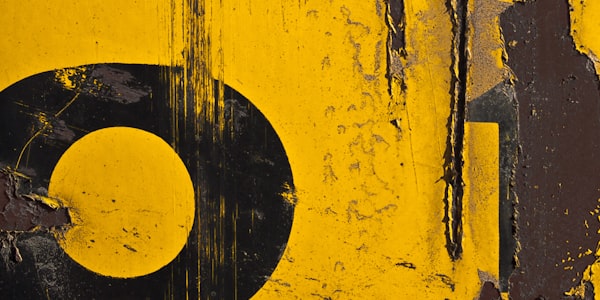The bombshell from the Vatican that “Mayans who speak Tzotzil and Tzeltal will now be able to attend Mass in their language and even be married in a Catholic ceremony that follows their native tongue” came as a shock to this lapsed Catholic. Is this control freakery at the limit to regulate the language the faithful use to pray to their God, if there even is one?
Surely even Tstotsitaal is acceptable to an Omniscient Being? Or does the Almighty perhaps employ the translation services of people like Thamsanqa Jantjie who did so much to liven up the po-faced memorial for Madiba. Max Price should employ Thamsanqua as a visiting professor at the UCT Business School where he will be as qualified as some of the “professors” (Wine Lizard springs to mind) on the staff.
On the subject of translation, producers should meet consumers half way on the subject of labelling. I’ve just picked up a bottle of Place in the Sun unwooded Chardonnay 2013 (which has the unfortunate acronym The Pits which I can’t believe marketers Cape Legends missed) and read on the neck tag the recommended food pairings are fresh oysters, steak tartare and poultry dishes. For Chassagne-Montrachet perhaps, or Chablis, but I’d bet local consumers would relate better to mussels, hamburgers and roast chicken. “Upfront citrus”, “stone fruit” the faux-academic waffle of UCT is all pervasive and should be resisted. It’s ivory tower twaddle designed to make insecure winos feel wanted. They’re not.
From language to ethics as Pope Francis, a saint in the wings if ever there was one, might say. At least this is a Fairtrade Wine or at least one made from grapes grown in a premier wine growing region certified by FLO-CERT under the Fair Label Organization (FLO). Where is Andy Cap, one wonders?
Daily Maverick columnist Ivo Vegter calls Fairtrade “a cartel and a protection racket” but from what I’ve read of Cape Legends’s other Fairtrade brand Earthbound “grapes are sourced from certified producers and we ensure trading conditions are properly sustainable for both the land and the communities that work on it. In fact, for every bottle of Earthbound that is sold, R6.50 is reinvested into the farm and its people” according to winemaker Samuel Viljoen (above).
Which may be R6.50 more than workers get from WIETA certified wine – the competing ethical trading certification scheme – which blows Ivo’s cartel argument to smithereens. But its certainly an argument worth having. Alas, the VinPro Open Day at the Lord Charles Hotel in Robot City (Somerset West) on 23 Jan is fully booked. VinPro are local promoters of WIETA and they owe it to their members to debate the merits of WIETA vs. FAIRTRADE in public. A Rumble in Robot City as the Assuies might dub it. One heck of alot more exciting than the snoozy program they’ve planned:
- Economic outlook
(Johann Els – Senior Economist, Old Mutual) - Trends in the international wine market
(Mike Veseth – Author, The Wine Economist) - Seasonal overview and harvest expectations
(Francois Viljoen – Manager: Consultation Service, VinPro) - Prospects in the domestic wine market
(Phillip Retief – Chief Executive Officer, Van Loveren) - South Africa’s competitiveness in the global context
(Stephen Rannekleiv – Executive Director: Food and Agribusiness Research, Rabobank) - The future of Africa
(Guy Lundy – Business Strategist)
It’s like something UCT Business School might dish up. But then at an attendance fee way more than the R600 Vinpro want for their Robot City Review.




